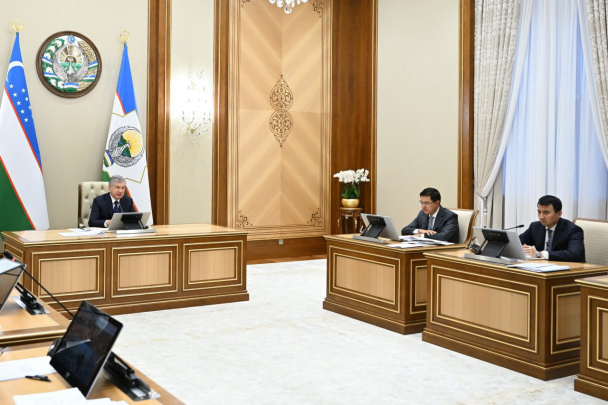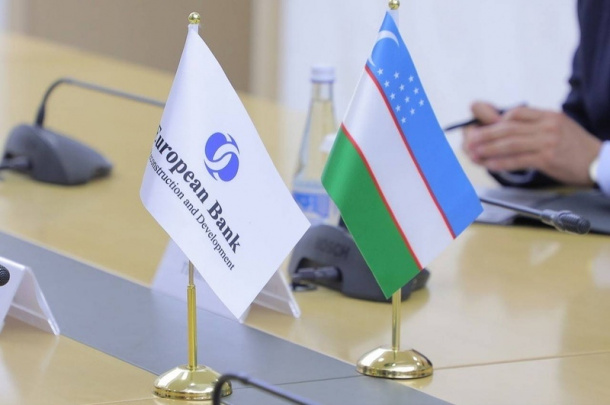Uzbek investors pull 30% of assets from Russian brokerage accounts amid sanctions concerns

Photo: Anatoly Zhdanov, Kommersant
Uzbek investors have significantly reduced their assets held in Russian brokerage accounts, driven by concerns over secondary sanctions and the limited availability of foreign currency trading, according to a report by Kommersant, citing data from the Central Bank of Russia.
As of the second quarter of 2023, the total number of non-resident accounts with Russian brokers grew by 2%, reaching nearly 30,500. However, assets in these accounts fell by 9.6%, totaling 1.77 trillion rubles ($18.4 billion). The increase in the number of accounts was largely attributed to individual investors, while the decline in assets mainly affected corporate accounts.
The drop in assets, particularly from Uzbekistan, is largely attributed to the June sanctions imposed by the U.S. against the Moscow Exchange, the National Clearing Center, and the National Settlement Depository. Legal expert Gleb Boyko from the law firm Nektorov, Saveliev & Partners explained that the sanctions have discouraged foreign investors from continuing to hold Russian assets, leading them to move their investments elsewhere.
Uzbek investors reduced their assets with Russian brokers by 30%, bringing the total down to 59.7 billion rubles ($621.4 million). Similar declines were also noted among investors from Kazakhstan, Azerbaijan, and various offshore jurisdictions, including the British Virgin Islands, Panama, and Belize.
Kommersant further reported that the withdrawn funds have been redirected to more favorable financial jurisdictions. These include internal Russian offshore zones, which saw a 30% increase in inflows, as well as Hong Kong (+9%) and the Cayman Islands (+18%).
In June, the U.S. Department of the Treasury placed the Moscow Exchange on its Specially Designated Nationals (SDN) list, accusing the trading platform of facilitating profits that support the Russian military through investments in sovereign debt, corporations, and defense enterprises.
Related News

20:37
$30 million home appliance project to be launched in Ohangaron with UAE partner

11:35
Foreign business presence in Uzbekistan nearly doubles in five years

19:37 / 11.02.2026
President Mirziyoyev outlines major industrial projects for Navoi region

12:14 / 11.02.2026




